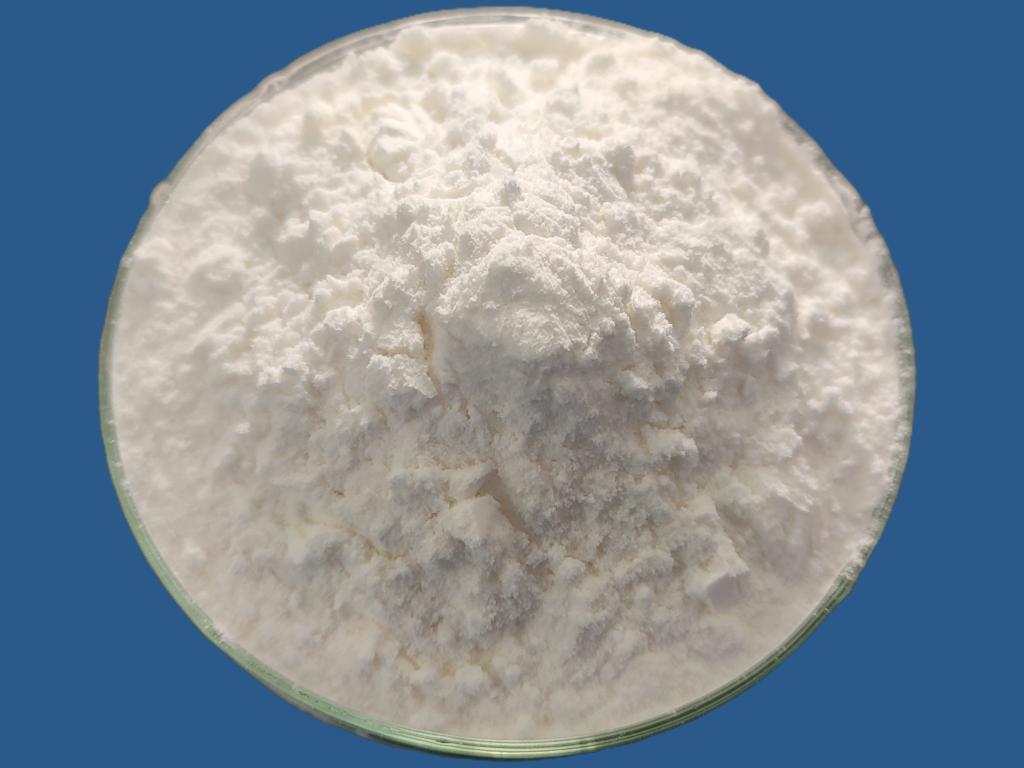Tel:+8618231198596

News
 CONTACT
CONTACT
 CONTACT
CONTACT
- Linkman:Linda Yao
- Tel: +8618231198596
- Email:linda.yao@dcpharma.cn
- Linkman:CHARLES.WANG
- Department:Overseas
- Tel: 0086 0311-85537378 0086 0311-85539701
News
Eco-Friendly Solutions in Personal Care Products: The Role of ε-Polylysine Hydrochloride
TIME:2024-02-06
Understanding ε-Polylysine Hydrochloride
1. Natural Origins
Derived from microbial fermentation, ε-Polylysine hydrochloride is a cationic homopolymer consisting of linked L-lysine monomers. Its natural origin positions it as a compelling ingredient for eco-conscious consumers seeking alternatives to synthetic compounds.
2. Antimicrobial Properties
Recognized for its antimicrobial properties, ε-Polylysine hydrochloride inhibits the growth of a wide range of microorganisms, including bacteria and fungi. This property not only ensures product safety and longevity but also minimizes the need for synthetic preservatives with potential environmental impacts.
Applications in Personal Care Products
1. Skincare Formulations
In skincare products, ε-Polylysine hydrochloride contributes to the prevention of microbial contamination without compromising the integrity of the formulation. Lotions, creams, and serums can benefit from its antimicrobial action, ensuring product stability and longevity on the shelf and in use.
2. Hair Care Products
Shampoos, conditioners, and styling products can incorporate ε-Polylysine hydrochloride to combat microbial growth. By doing so, these products can maintain their efficacy while aligning with the growing demand for sustainable and natural alternatives in hair care.
3. Cosmetic Applications
Cosmetic formulations, including foundations, lipsticks, and eyeshadows, can leverage the antimicrobial properties of ε-Polylysine hydrochloride to preserve product quality and ensure user safety. This natural ingredient adds value to cosmetics by enhancing their shelf life and reducing the reliance on traditional preservatives.
Eco-Friendly Attributes
1. Biodegradability
Unlike some synthetic preservatives that persist in the environment, ε-Polylysine hydrochloride is biodegradable. Its natural breakdown contributes to the reduction of environmental impact, aligning with the principles of eco-friendly product development.
2. Renewable Production Source
The microbial fermentation process used to produce ε-Polylysine hydrochloride is based on renewable resources. This aspect emphasizes its sustainability, offering a viable alternative to ingredients derived from petrochemical sources.
Advantages Over Synthetic Preservatives
1. Reduced Environmental Impact
The production and use of synthetic preservatives can have environmental repercussions. ε-Polylysine hydrochloride's natural origin and biodegradability make it a preferable choice for consumers seeking personal care products with reduced environmental impact.
2. Avoidance of Harmful Chemicals
Some synthetic preservatives have been associated with skin sensitivities and potential health concerns. ε-Polylysine hydrochloride provides a natural alternative, addressing consumer preferences for products that are free from potentially harmful chemicals.
Formulation Challenges and Solutions
1. Optimizing Formulations
Formulators face the challenge of optimizing product formulations to incorporate ε-Polylysine hydrochloride effectively. Ongoing research focuses on understanding its compatibility with various ingredients and conditions to ensure optimal performance.
2. Education and Collaboration
Educating formulators, manufacturers, and consumers about the benefits and applications of ε-Polylysine hydrochloride is crucial. Collaboration within the personal care industry can lead to innovative formulations that prioritize both efficacy and sustainability.
Consumer Perception and Communication
1. Transparent Labeling
Consumers increasingly scrutinize product labels, seeking transparency about ingredients. Personal care brands can build trust by clearly communicating the presence of ε-Polylysine hydrochloride as a natural antimicrobial agent, meeting the expectations of informed and conscious consumers.
2. Education on Benefits
Consumer education plays a pivotal role in fostering acceptance of ε-Polylysine hydrochloride in personal care products. Highlighting its role in preserving product quality, reducing the need for synthetic preservatives, and contributing to environmental sustainability can resonate with environmentally conscious consumers.
Future Outlook
1. Market Expansion
As awareness grows and demand for eco-friendly personal care products continues to rise, the market for formulations containing ε-Polylysine hydrochloride is poised to expand. Formulators and brands can anticipate a shift towards natural antimicrobial agents in response to evolving consumer preferences.
2. Innovation and Research
Ongoing innovation and research are vital to unlocking the full potential of ε-Polylysine hydrochloride in personal care formulations. Exploring its compatibility with diverse ingredients and addressing formulation challenges will contribute to its widespread adoption in the industry.
Conclusion
ε-Polylysine hydrochloride stands at the forefront of a new era in personal care formulations, where efficacy, sustainability, and natural origin converge. As the personal care industry embraces eco-friendly solutions, this natural antimicrobial agent offers a compelling alternative to synthetic preservatives. The future holds promising opportunities for ε-Polylysine hydrochloride to become a staple ingredient in personal care products, contributing to both product performance and environmental responsibility. Through collaboration, education, and innovation, the personal care industry can embark on a transformative journey towards a more sustainable and eco-conscious future.
- Tel:+8618231198596
- Whatsapp:18231198596
- Chat With Skype







